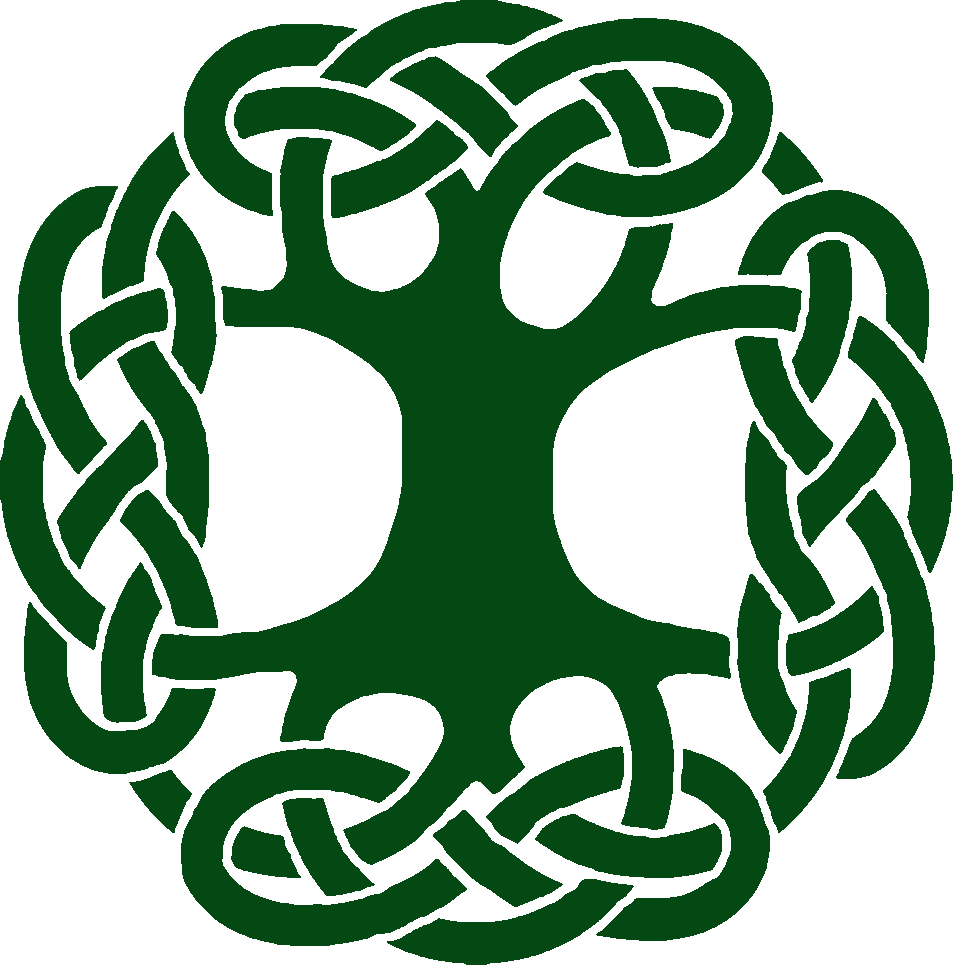

PROTO-INDO-EUROPEAN
ROOT
EXTENSIONS
• OInd. dhā-/dadh- ‘put’, ‘place’, ‘set’, ‘lay in’, ‘lay on’ (MW: 513; Whitney 1885: 82)
• OInd. -dhā̆ ‘putting’, ‘placing’, ‘bestowing’, ‘placer’, ‘bestower’ (MW: 513)
• OInd. -dhā́na ‘containing’, ‘holding’, ‘receptacle’, ‘case’, ‘seat’ (MW: 514)
• OInd. dhā́tu ‘layer’, ‘stratum’, ‘ingredient’, ‘element’ (MW: 513)
• OInd. dhātr̥ ‘establisher’, ‘founder’, ‘creator’ (MW: 514)
• OInd. dhā́man ‘dwelling-place’, ‘house’ (MW: 514)
• OInd. dhāya ‘having’, ‘layer’, ‘stratum’ (MW: 514)
• OInd. dhāyyà ‘purohita’,‘family priest’ (MW: 514)
• OInd. dhā́yu ‘giving’, ‘liberal’ (MW: 514)
• OInd. dhāsí ‘dwelling-place’, ‘seat’, ‘home’ (MW: 514)
• OInd. hiti ‘sending’, ‘errand’, ‘direction’ (MW: 1297)
• OInd. -dadha ‘giving’ (MW: 468)
• OInd. -dádhi ‘giving’, ‘preserving’, ‘house’ (MW: 468)
References
MW = Monier-Williams, M. 1899. A Sanskrit-English Dictionary. Clarendon Press.